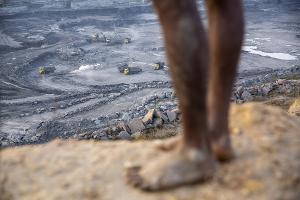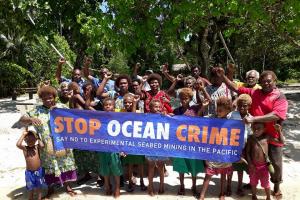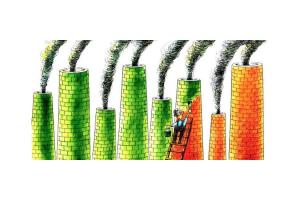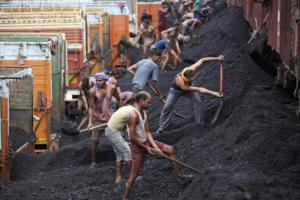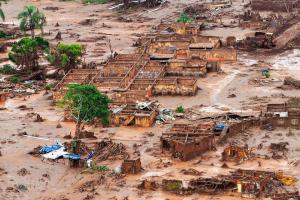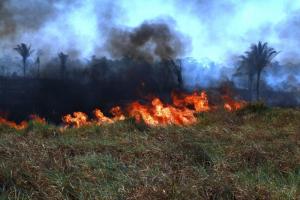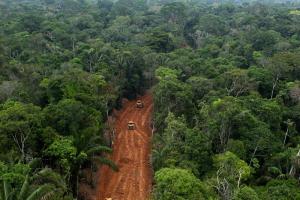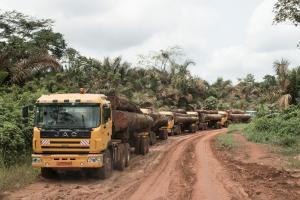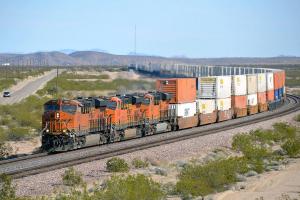Large-Scale Mining
Fueled by ever-increasing demand and the boom-and-bust cycles of global commodity markets, large-scale mining destroys forests and pollutes soil, air and water. Violent conflicts, sexual exploitation, criminalization and displacement of communities living in forests destroyed for mining, are examples of social impacts that are inherently linked with the mining industry.
The money that the Indian Government collects from companies destroying forests, such as mining companies, is being used to harass, persecute and evict people from the so-called Protected Areas, such as the Tiger Reserves, National Parks and Wild Life Sanctuaries.
Governments and transnational corporations backed up by multilateral financial institutions, together with Pacific Island nations, are racing to divide up the ocean under the narratives of so-called sustainable Blue Economy and Blue Growth, to justify its exploitation.
The European Union’s policy pursues growth at any price. “Green” technologies require an increasing amount and variety of metals and minerals. Millions of public funds flow every year from the European Investment Bank to mining projects—under the cloak of “development.”
“Shock” is a common reaction when a crisis emerges… or when it comes to light. However, it also provides a convenient smoke screen for governments, financial institutions and companies behind which they can hide their own role in and responsibility for the current crises in the forests.
An inteview with Winnie Overbeek, the International Coodinator of the WRM, about the causes and the impacts of the deforestation in the Amazon.
It should be clear for society that this is not an isolated phenomenon. In fact, it is the result of a series of actions taken by agribusinesses and big miners.
It is impossible to think about extraction without thinking about a vast network of accompanying infrastructure, and thus even greater deforestation and destruction.
We live in an age of ever more “extreme infrastructure.” The construction of roads, railway lines and other infrastructure linking production and resource extraction centres with major consumer areas is tied to profoundly undemocratic forms of elitist planning.
The mega-infrastructure corridors prioritized in ambitious investment programmes spanning the african continent are squarely focused on facilitating the export of minerals and agricultural commodity crops and the import of processed foods and manufactured goods.
